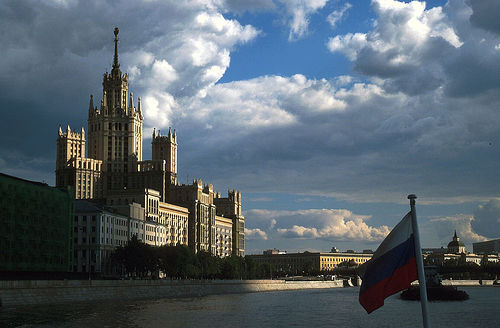
Towards a new agreement between Russia and the European Union?

1.The Partnership and Cooperation Agreement (PCA) concluded for an initial period of ten years that ends in November 2007, forms the contractual basis of EU-Russian relations. For now, the parties have agreed to allow the PCA to continue after the ten year period expires (this occurs automatically unless either side takes steps). When considering the post-2007 relationship, the two sides apparently agreed to negotiate and conclude a new bilateral agreement to replace the PCA.2.The EU aims for a deep and comprehensive treaty with Russia. The EU has already concluded many such agreements, notably with most neighbouring countries. Indeed, the PCA is itself an example of such an agreement, although the level of commitments is relatively low in most policy areas when compared with most similarly structured agreements between the EU and other neighbouring countries. A new comprehensive treaty will also force the EU and Russia to confront yet again the contentious and divisive issues raised in the negotiation of the four Road Maps on the common spaces but avoided in the final outcome.
3.The EU and Russia are faced with difficult and lengthy negotiation and ratification processes before a new comprehensive bilateral agreement to replace the PCA can enter into force. Such difficulty has been illustrated in the process of launching negotiations on a new agreement with the Polish veto. Last but not least, after almost one year of blockage, the EU has not been able to resolve the disagreements sparked by Poland’s veto. The concept of solidarity between EU member states, at the heart of the European integration process since the beginning, will need to be addressed once more in order to appease state(s) reluctant to open the looked-for negotiations and get through the current crisis in EU-Russia relations.
in VESTNIK ANALITIKI – Foreign Affairs, n°29 (3-2007), Institute of Strategic Studies and Analysis (ISSA), Moscow.
(Photo credit: josef.stuefer, Flickr)